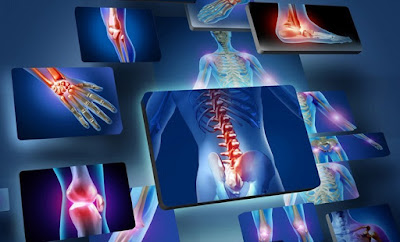Usually, an EKG test is not a common part of regular preventative care. Doctors conduct them rarely before major surgery or if something is wrong with the heart. As a result, you and your healthcare provider will never to know the changes that your heart rhythm went through over time. However, getting an EKG test regularly comes with great benefits. With EKG tests, you can spot a heart condition at the earliest before it develops into a serious issue like stroke or heart attack. You can visit the medical center in New Jersey, to know more about EKG tests. Also, we have explained below why do need to get an EKG test.
- When you want to start building your heart health history - Well, the first and foremost reason to get an EKG test is to create a heart health history. That’s important. It will help your doctor to know the changes your heart rhythm went through over time.
- When you experience heart palpitations - A heart palpitation is a condition when heart beats suddenly become more noticeable. In this condition, you may experience irregular heartbeats, starts fluttering for a few seconds or minutes. Often these palpitations are harmless and result from lifestyle triggers including too much caffeine, stress, or hormonal changes.
- When you have chest pain - Chest pain could result from anything such as a muscle pull or a heart attack, but you should never ignore it. Whenever you experience severe chest pain, immediately seek medical attention. Although chest pain is never caused by a heart problem, it can be a sign of angina or heart attack both are serious health events.
- If you experience fainting, dizziness, or shortness of breath - You may feel lightheaded, dizzy, or short of breath because of many reasons, and most of them may not be related to your heart. But, these could be the early signs of heart rhythm disorder, blood pressure problem, atrial flutter, or pulmonary embolism. So, it’s important to determine their real cause.
- If heart disease runs in your family - Often, heart disease runs in the family and go from one generation to another. If any of your family members had high blood pressure, heart attack or stroke, you’re likely to develop a heart problem. Even with living a healthy life, you’re still at higher risk of developing a heart disease and you should regularly get an EKG test to establish a heat health history.
If you fall any of the above categories, you must get an EKG test frequently. Are you looking for Medical center in New Jersey that offer reliable, quality EKG tests? Contact NJ Doctors Urgent Care.






